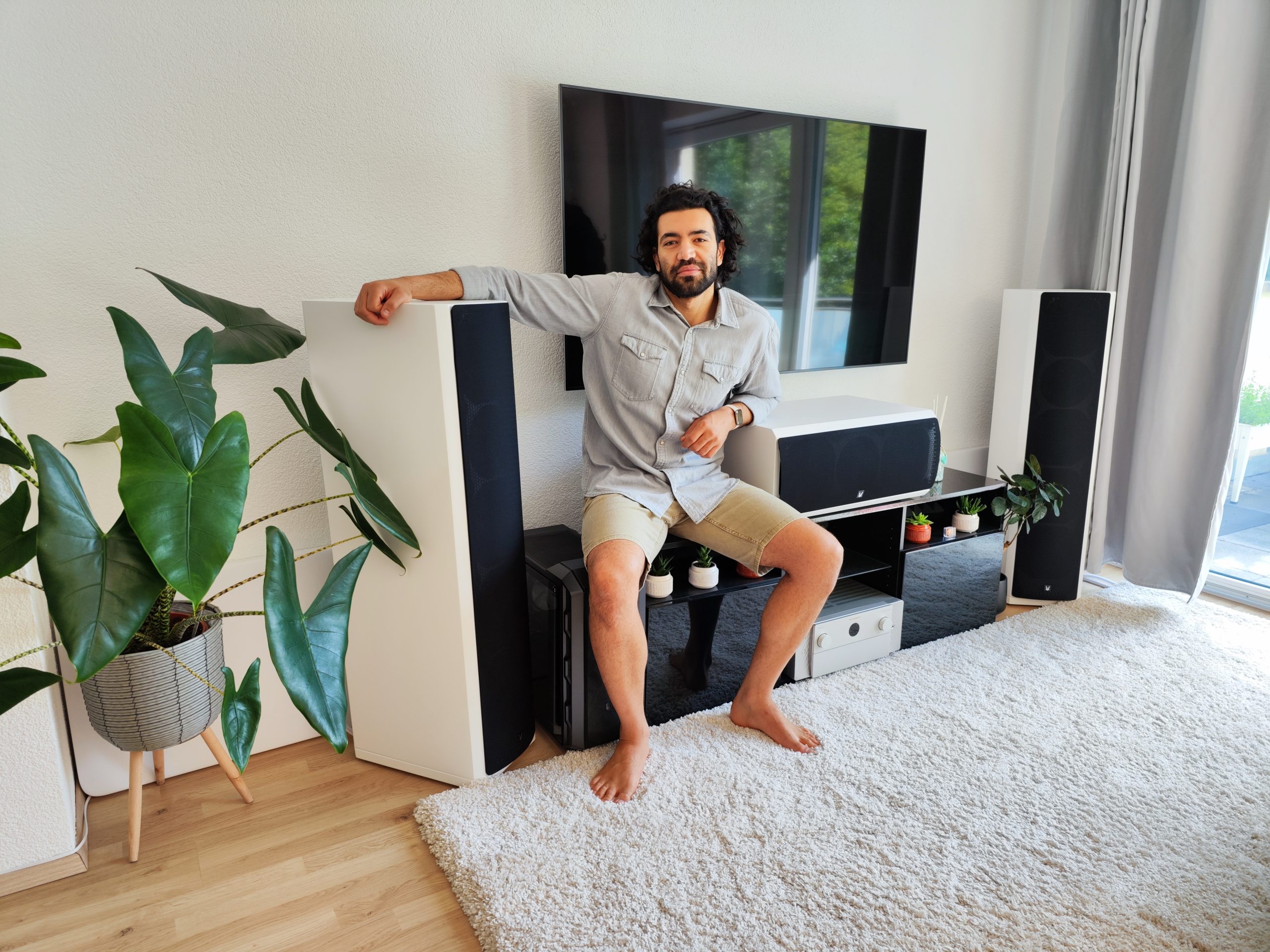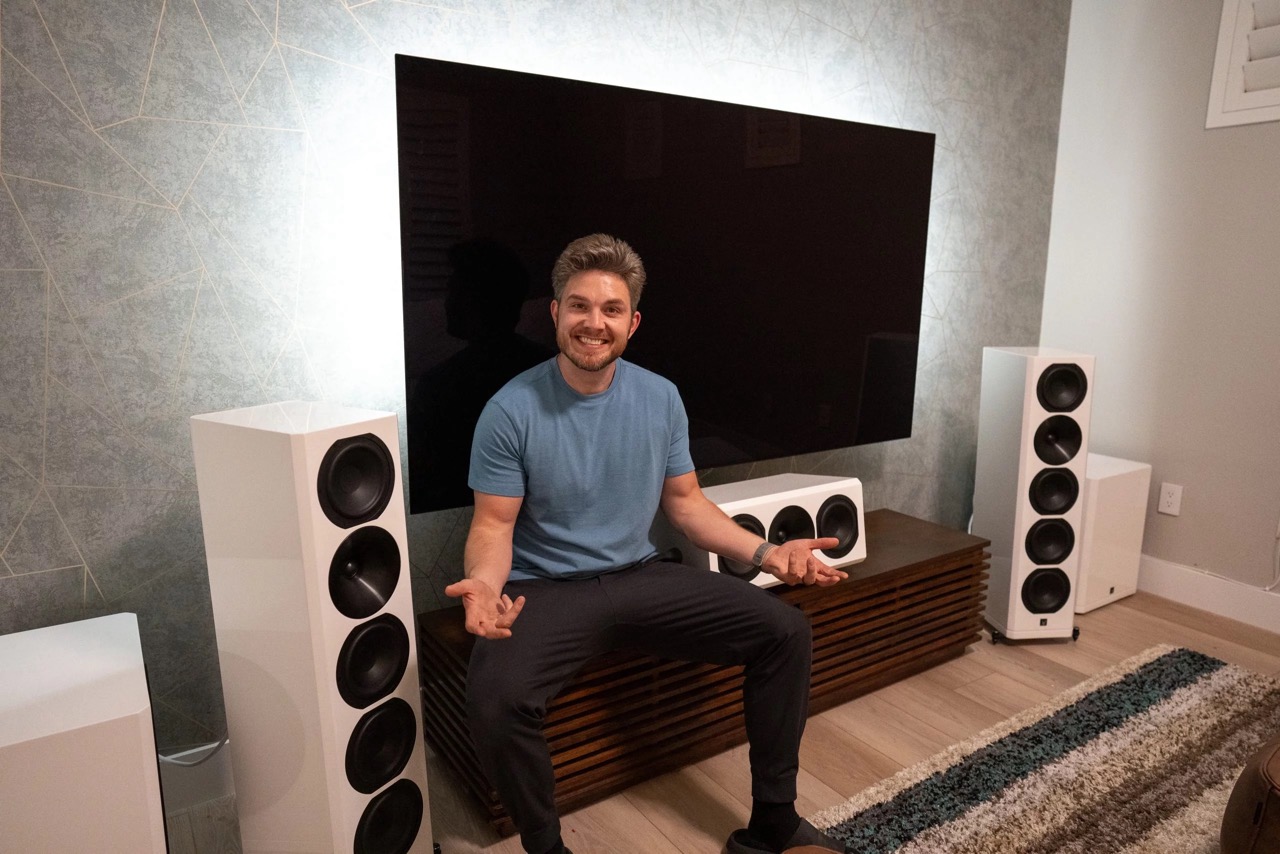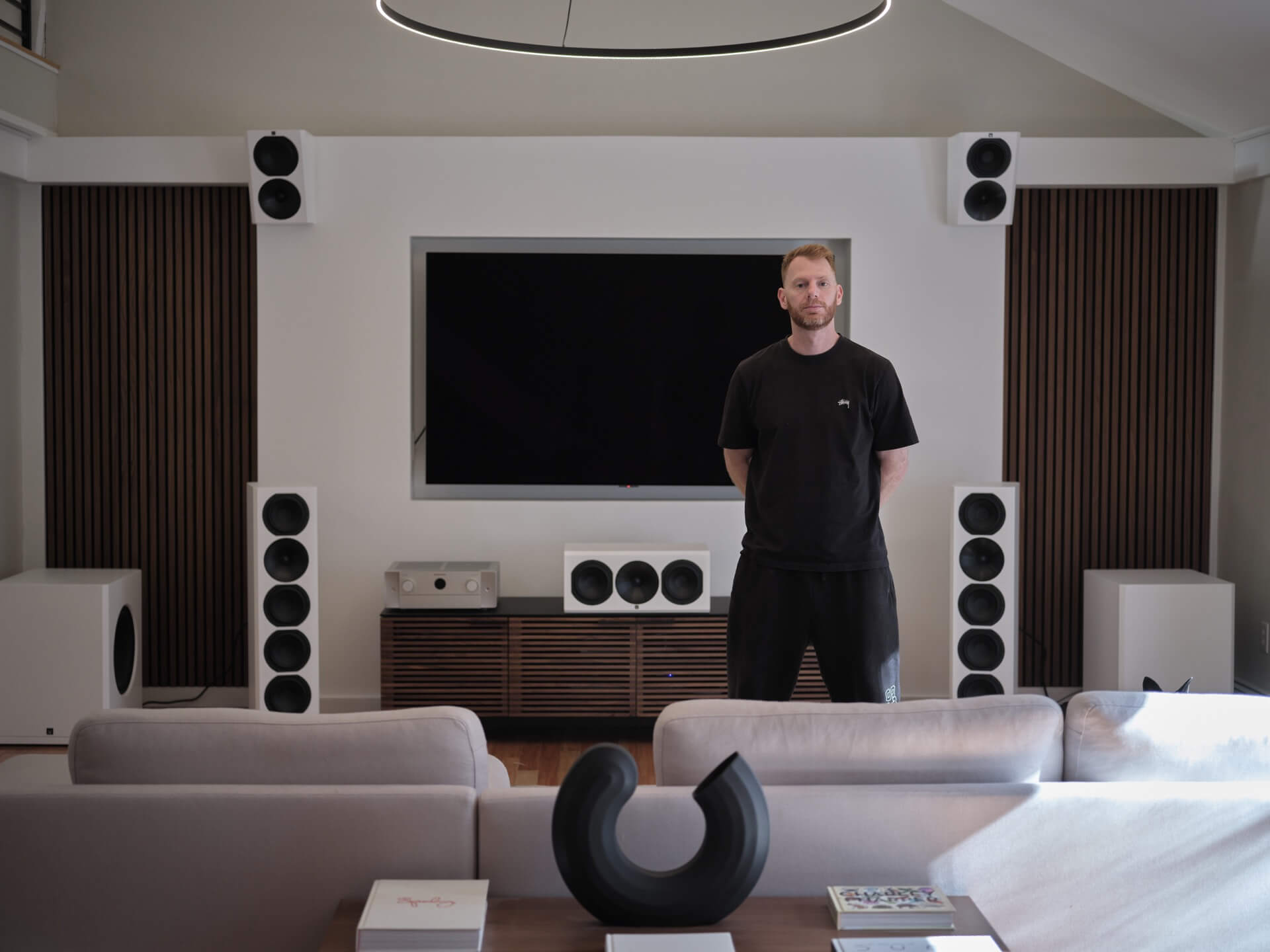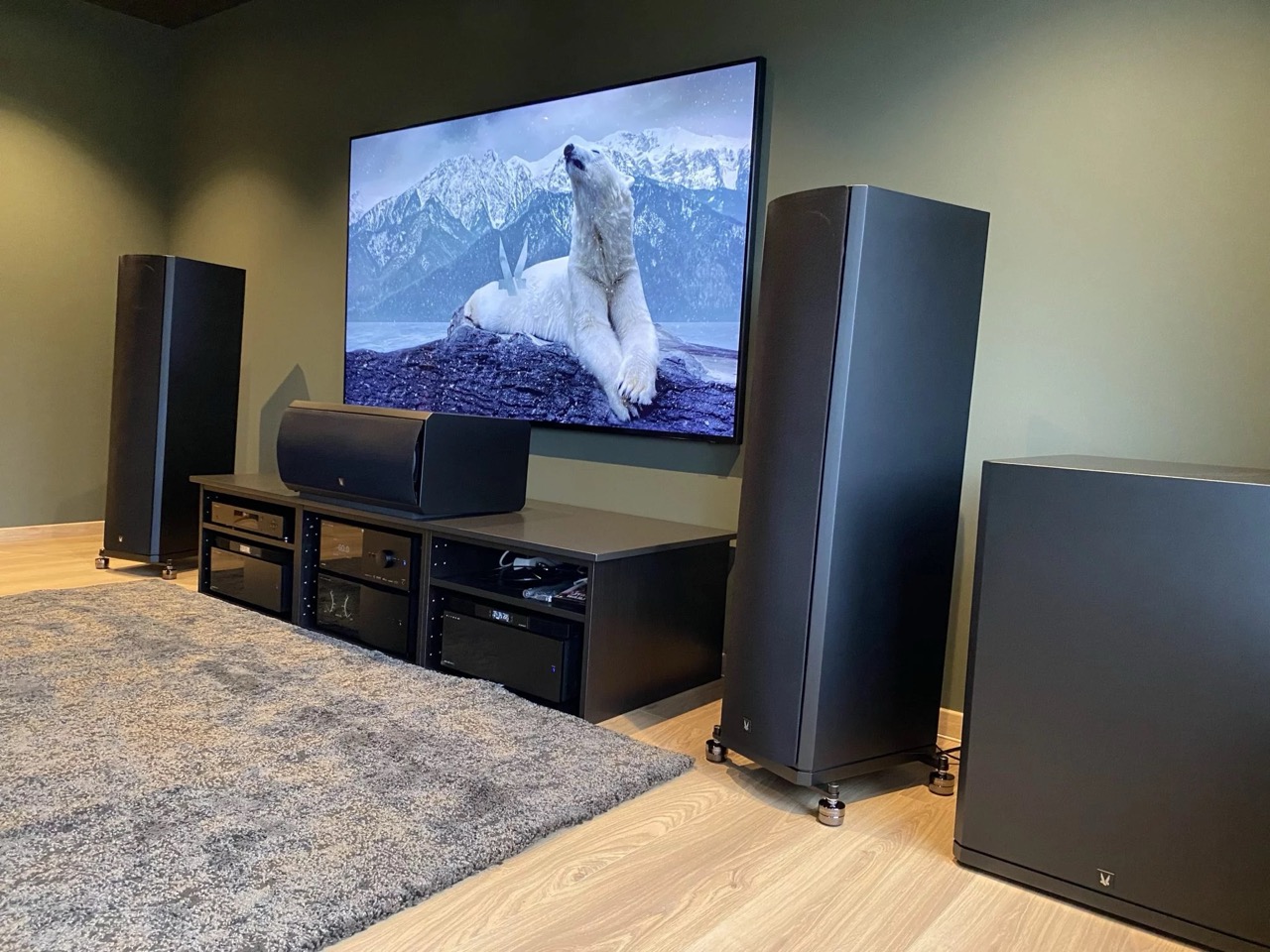Ensuring Seamless Connectivity in Your Home Theater
Article summary - TL;DR
- Component wiring is essential for a seamless home theater experience.
- Choosing the right cables—like HDMI and optical—is crucial for optimal audio and video quality.
- Effective cable management techniques keep your setup tidy and aesthetic.
- Consider future-proofing your wiring for new tech and formats, with expandable systems in mind.
- Enhance your audio-visual setup with the 1723 Tower THX for cinematic sound quality.
Understanding Component Wiring
Building a home cinema requires meticulous planning, and component wiring is a critical aspect that can make or break the viewing experience. In this section, we’ll introduce the basics of component wiring, what it is, and why it’s important for a seamless home theater system.
Component wiring refers to the connections between all the audio-visual elements in your home theater. This includes cables for your speakers, projector or TV, subwoofers, and any other peripheral devices such as gaming consoles or streaming boxes.
Proper component wiring not only ensures that all your devices communicate effectively with each other but also helps maintain the aesthetic appeal of your home theater by avoiding unsightly cable clutter.
Selecting the Right Cables
Choosing the correct type of cables is essential for the best audio and video quality. This section will focus on the different types of cables available, such as HDMI, optical, coaxial, and speaker wires, and their specific uses within a home theater setup.
We will dive into the specifications you should look for when purchasing cables, including cable length, thickness, shielding, and connector quality, to ensure you get the most out of your high-definition content.
Lastly, we’ll address the debate around cable quality and price, giving you practical tips to make an informed decision without overspending on unnecessary features.
Organizing and Managing Cables
Having the right cables is one thing, but installing them in an organized manner is another. Here, we will discuss cable management techniques to keep your home theater tidy and safe.
Learn about various solutions, such as conduits, cable ties, and raceways, that can help you run wires discreetly and efficiently, maintaining the sleek look of your home theater.
We’ll also touch on the importance of labeling your cables and keeping an accurate wiring diagram for troubleshooting or future upgrades to your setup.
Professional Installation vs. DIY
When it comes to component wiring, you have the option to do it yourself or hire a professional. This section will compare the pros and cons of each approach, helping you decide which path is best for your needs.
For those who choose the DIY route, we’ll provide step-by-step instructions and tips for a successful installation, including how to safely route cables through walls and ceilings.
For those considering professional installation, we’ll cover what to look for in a technician, the questions to ask, and the services you should expect them to provide.
Future-Proofing Your Wiring
The world of home entertainment is rapidly evolving, and future-proofing your component wiring is vital. We’ll explore strategies to make your home theater adaptable to new technologies and formats.
Discover how using expandable cable management systems and leaving extra room in conduits can save you time and money in the long run when it’s time to upgrade your equipment.
Finally, we’ll touch on the importance of staying informed about emerging audio-visual technologies and the potential wiring challenges they might bring.
Troubleshooting Common Wiring Issues
No setup is complete without a plan to address potential problems. This section aims to arm you with knowledge to troubleshoot common component wiring issues such as signal loss, interference, and connectivity problems.
Learn how to diagnose issues caused by defective cables, improper connections, or compromised signal integrity and the steps to fix them.
We’ll also provide advice on when to call in a professional if the problems persist, ensuring that your home theater experience remains uninterrupted.
Conclusion
In summarizing our guide on component wiring for your home theater, we’ll re-emphasize the key takeaways and best practices to ensure that you enjoy a high-fidelity, immersive cinema experience in the comfort of your home.
Frequently asked questions
What is component wiring in a home theater?
Component wiring refers to the connections between audio-visual elements in your home theater, including cables for speakers, projectors or TVs, subwoofers, and other devices.
Why is proper component wiring important?
Proper component wiring ensures that all devices communicate effectively and helps maintain the aesthetic appeal of your home theater by reducing cable clutter.
What types of cables should I use for my home theater?
Common cables for home theater setups include HDMI, optical, coaxial, and speaker wires, each serving specific purposes for audio and video quality.
How can I organize and manage cables in my home theater?
Use cable management techniques like conduits, cable ties, and raceways, and consider labeling your cables and keeping a wiring diagram for future changes.
Should I hire a professional or do it myself for wiring my home theater?
Both options have pros and cons. DIY allows for more control and cost-saving, while professionals ensure efficient installation. Consider your skills and needs before deciding.
What should I look for in a professional installer?
When hiring a professional, inquire about their experience, services offered, and ask for references or reviews to ensure quality work.
How can I future-proof my home theater wiring?
Use expandable cable management systems and leave extra room in conduits to accommodate new technologies and upgrades without significant rewiring later.
What are common wiring issues in home theaters?
Common issues include signal loss, interference, and connectivity problems, often stemming from defective cables or improper connections.
When should I call a professional for wiring issues?
If troubleshooting common problems does not resolve the issue, it’s best to consult a professional to avoid further complications and ensure a seamless experience.








